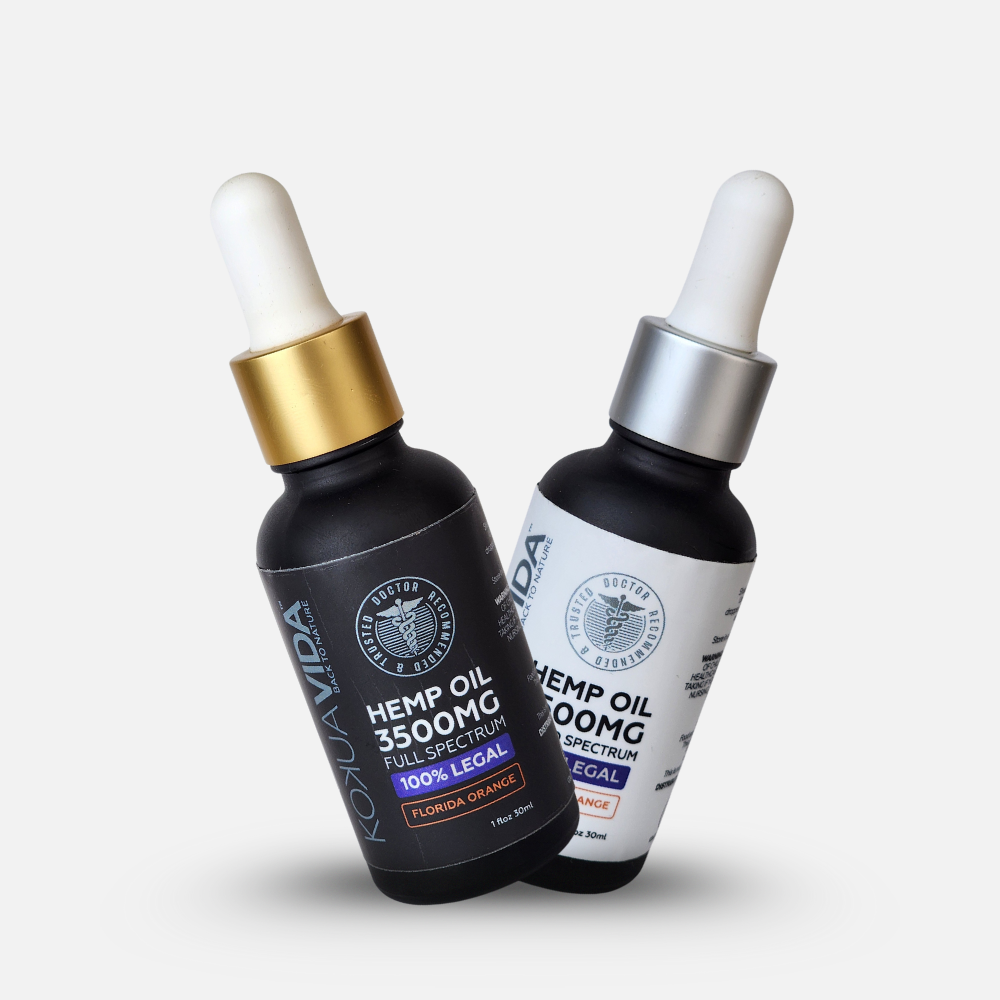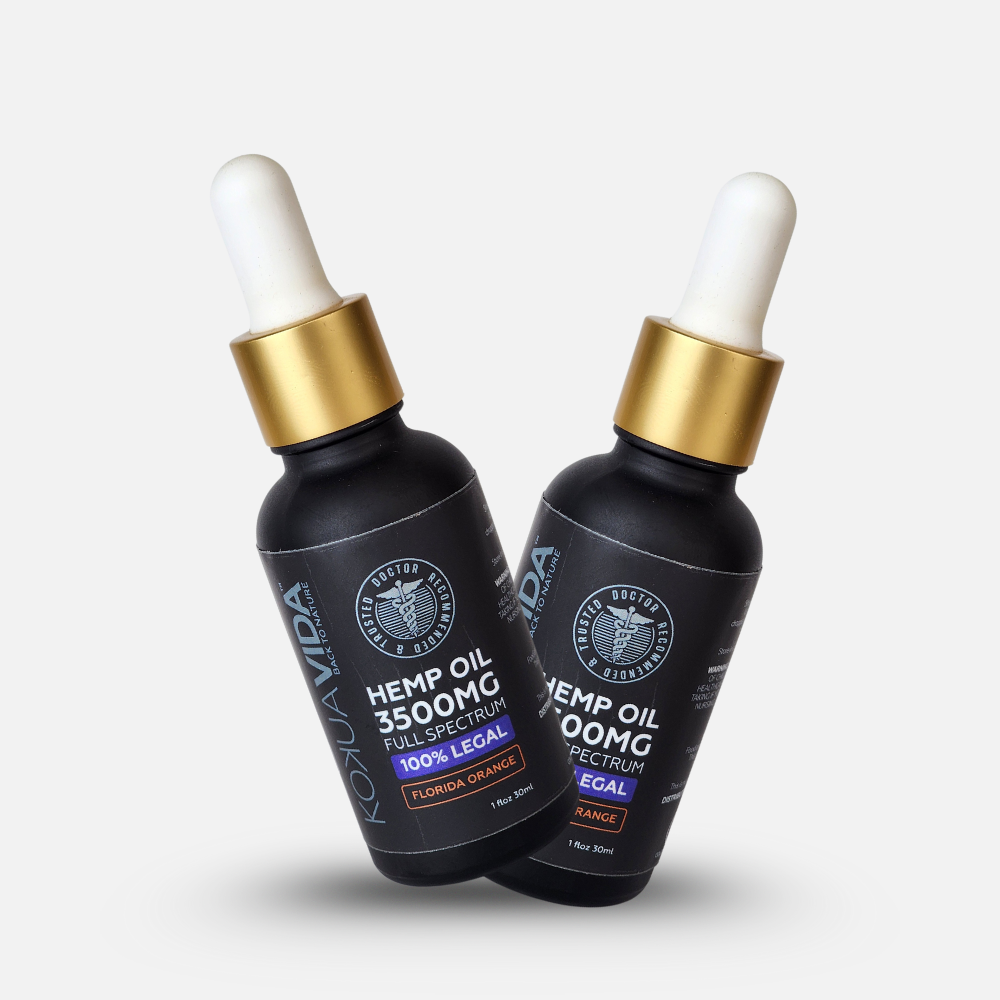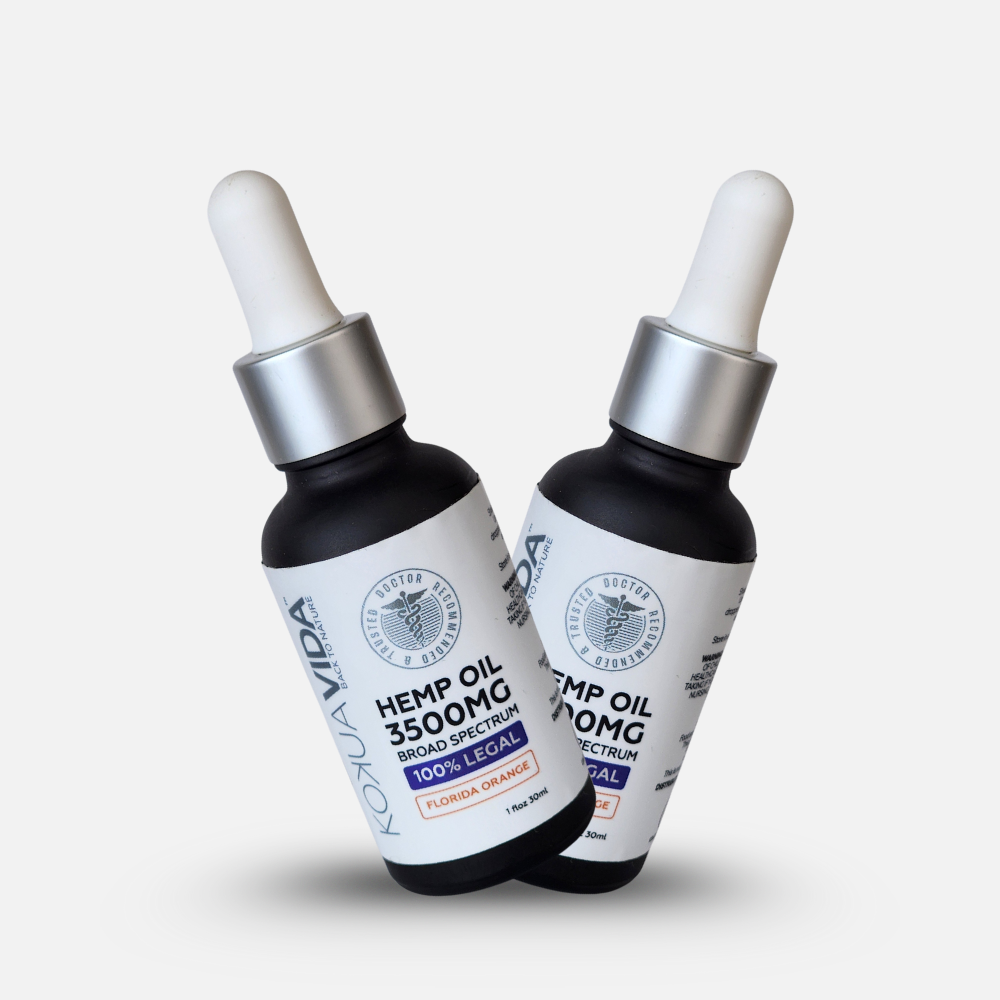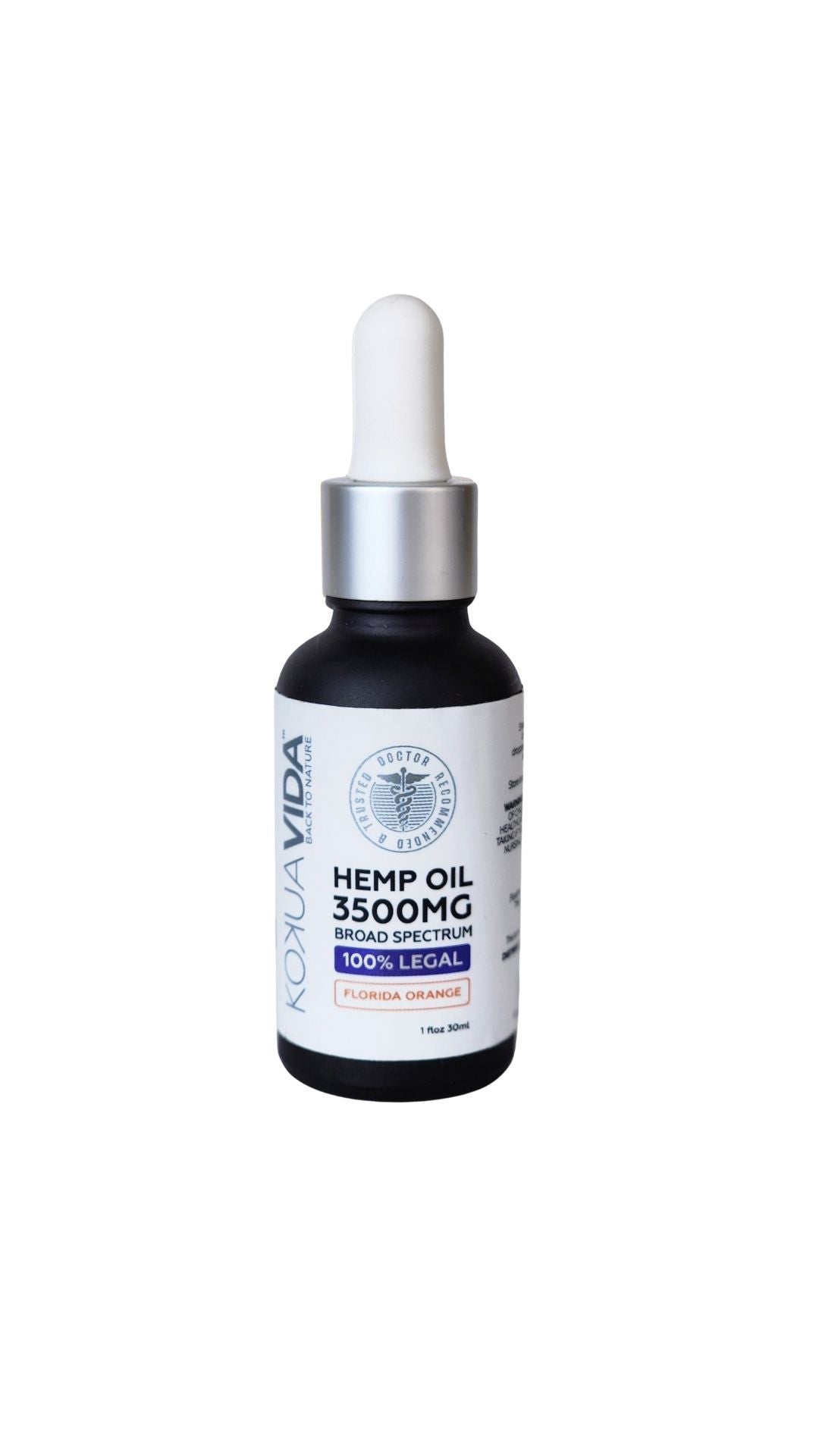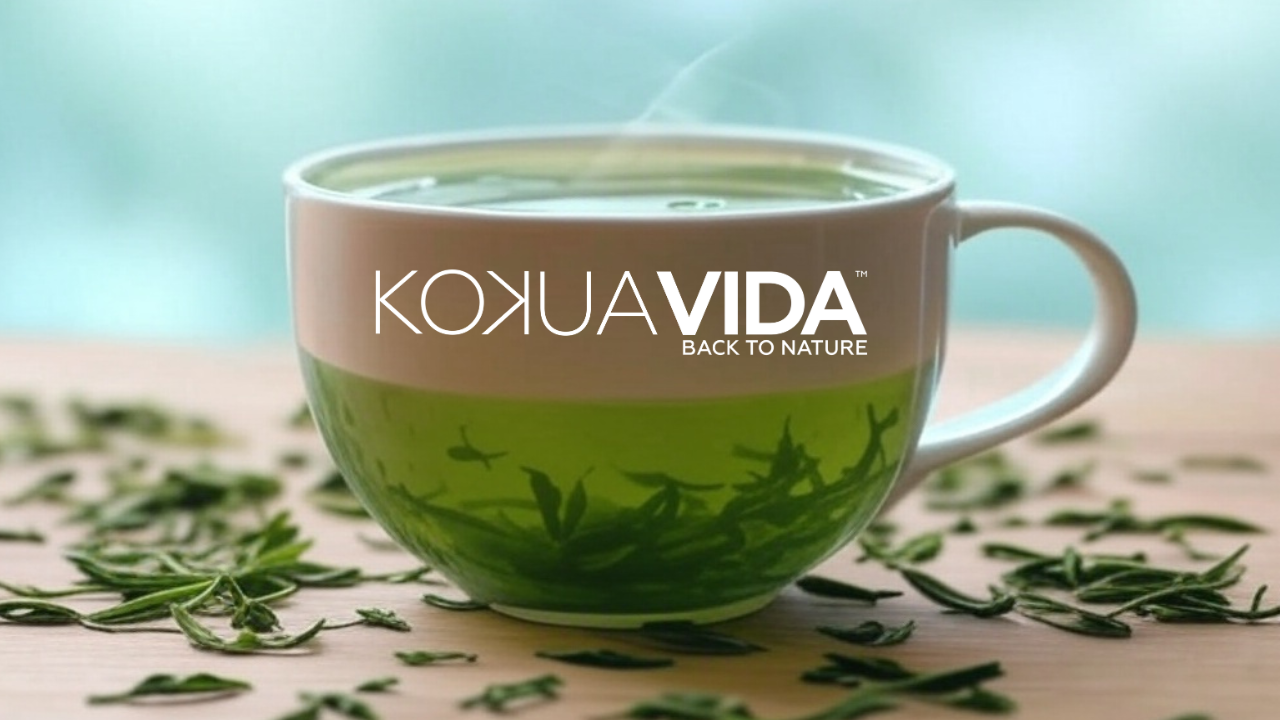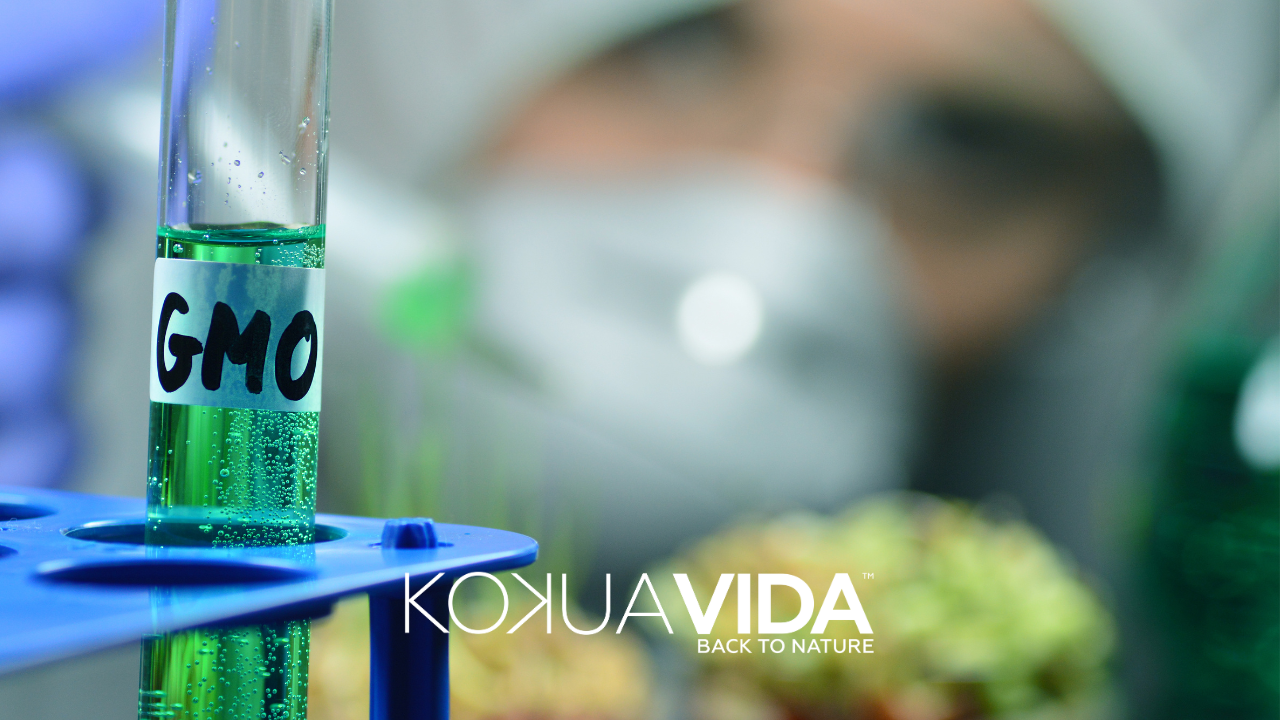
The Unsettling Truth About Genetically Modified Food: Time for a Change?
Introduction
Listen up, folks! It's time we shake the pillars of the food industry and challenge the status quo. We're talking about genetically modified (GM) food - the silent invader on our plates, the controversial hero of the hour. The rise in obesity, diabetes, and autoimmune diseases in our society is alarming, and it's time we dig deep into the roots of this problem. Are you ready for the truth?
The Dark Side of GM Food
Research suggests a potential link between the rise in obesity and the increased consumption of corn products, which are often genetically modified. While obesity is a multifactorial disease, with genetics, lifestyle choices, metabolism, and diet playing crucial roles, we can't ignore the elephant in the room: GM food.
Diabetes, both Type 1 and Type 2, has been linked to autoimmune responses. The Western diet, brimming with sugar, salt, and fat, has been implicated in these health issues. Inflammation, often associated with autoimmune disorders like lupus, fibromyalgia, multiple sclerosis, rheumatoid arthritis, type 1 diabetes, and Crohn's disease, can be exacerbated by an unhealthy diet.
So, what's the connection between GM food and these health problems? GM foods can potentially inflame the gut, leading to a cascade of health issues. But here's the kicker: there's little to no regulation governing the production and distribution of GM foods. This lack of oversight leaves us, the consumers, in the dark.
The Light at the End of the Tunnel: Healthy Alternatives
But don't despair! There's hope yet. We can change the narrative by choosing healthier alternatives to GM foods. Here's how:
Organic Foods
Opt for organic produce over GM food. They're free from synthetic additives and genetically modified organisms, making them a healthier choice.
Whole Foods
Whole, unprocessed foods are packed with nutrients and devoid of artificial additives, making them a healthier alternative to GM foods.
Home Gardening
Start your own garden! There's nothing more satisfying than growing your own food. It gives you control over what you eat and is a great way to ensure you're consuming fresh, non-GM produce.
Why Do We Buy GM Food, and How Can We Change?
We often opt for GM food because it's cheap, easily available, and has a longer shelf life. But we can change this behavior by:
Educating Ourselves
Learn about the potential health risks associated with GM food and the benefits of organic and whole foods.
Making Informed Choices
Choose quality over quantity. Yes, organic and whole foods might be slightly more expensive, but the long-term health benefits far outweigh the costs.
Supporting Local Farmers
Buy from local farmers who grow organic produce. This not only supports local businesses but also ensures you get fresh, non-GM food.
Conclusion
It's time we rebel against the conventional food norms and make informed choices about what we consume. Let's challenge the status quo, ignite debates, and inspire action for a healthier future. After all, our health is our wealth, and it's high time we treated it as such!
